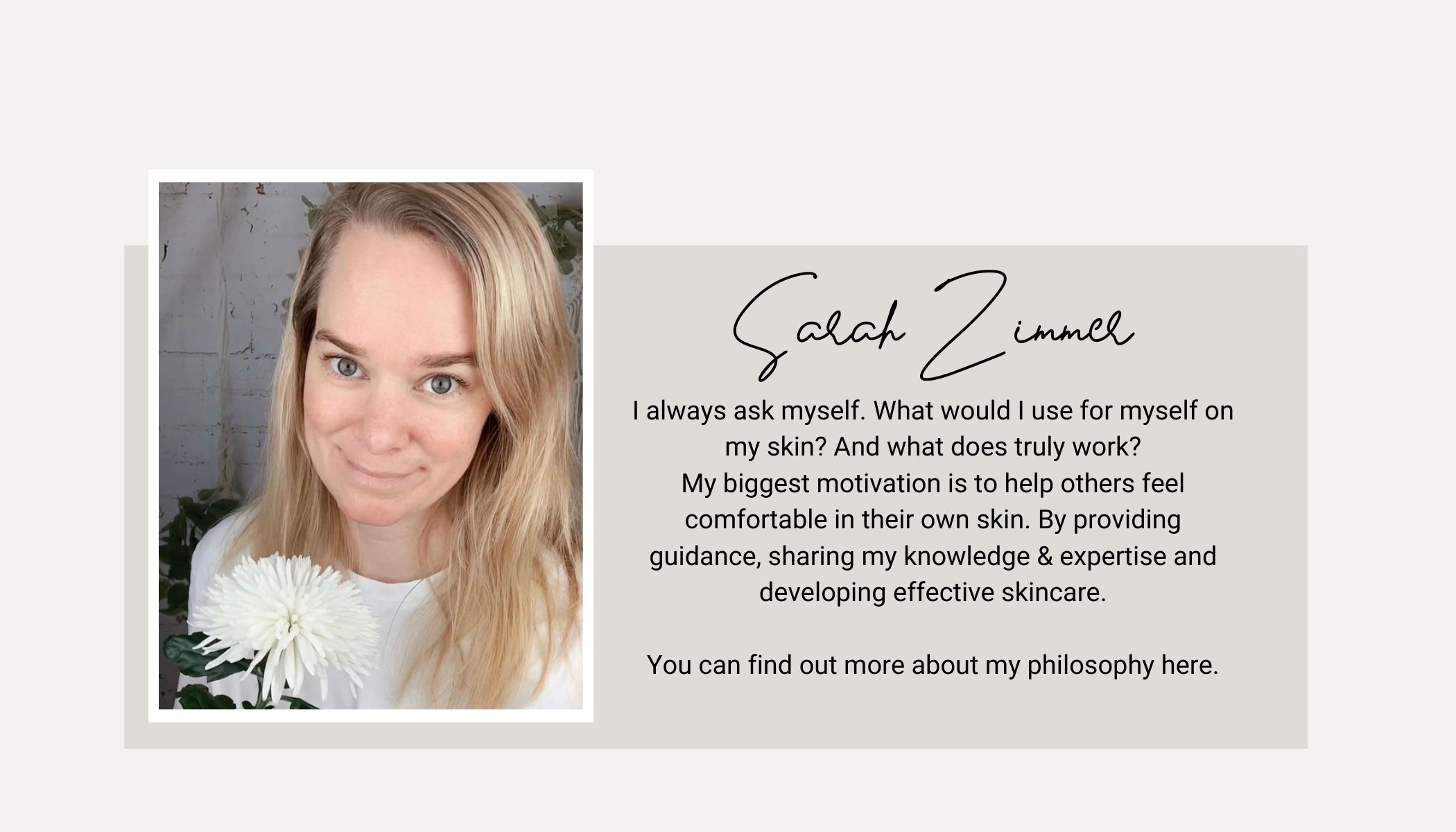5 Bogus Skincare Claims Debunked
5 Bogus Skincare Claims Debunked: Don't Fall for These Marketing Gimmicks!
Hold onto your magnifying glasses, beauty sleuths! NAYA's here to crack the case on five sneaky cosmetic claims that often mislead even the most savvy shoppers. Armed with scientific evidence and detective-worthy deduction, we'll help you navigate the labyrinth of skincare marketing and choose products that truly deliver.
Case File #1: Hypoallergenic – Mythical Status
Ever seen "hypoallergenic" emblazoned on a product, assuming it's a safe haven for sensitive skin? Think again! The truth is, there's no standardized definition or regulation for "hypoallergenic" anywhere in the world. This means any brand can slap it on, regardless of actual allergy potential.
The Evidence:
- We've seen "hypoallergenic" products packed with known skin sensitizers like fragrance, alcohol, and essential oils.
- Even the USFDA admits "hypoallergenic" means whatever a company wants it to.
NAYA's Tip: Instead of chasing "hypoallergenic," avoid known irritants like fragrance and focus on gentle, non-comedogenic formulas.
Case File #2: Non-Comedogenic – A Mystery Without a Clue
Similar to "hypoallergenic," the claim "non-comedogenic" (or "won't clog pores") lacks any real meaning. There are no industry standards to define or test for non-comedogenicity, leaving you guessing.
The Evidence:
- Even thick, greasy moisturizers can claim "non-comedogenic" with no accountability.
- Clogged pores depend on individual skin type and product ingredients, not just marketing labels.
NAYA's Tip: If you have oily or clog-prone skin, skip thick creams and opt for lightweight, water-based lotions or serums.
Case File #3: Cosmeceutical – All Glitter, No Gold?
"Cosmeceutical" sounds impressive, but it's just a fancy marketing term with no regulatory backing. Any brand can use it, regardless of the actual ingredients or scientific evidence of their claims.
The Evidence:
- There's no such thing as "cosmeceutical-grade" ingredients – all brands have access to the same pool.
- This term is often used to justify inflated prices without any real benefit.
NAYA's Tip: Don't be swayed by fancy terms. Focus on research, ingredients, and brand reputation to make informed choices.
Case File #4: Natural Skin Care – Not Always Paradise Found
While natural ingredients can be beneficial, the "natural is always better" narrative is simply not true. Some natural ingredients like essential oils can be irritating, and there's no single definition of "natural" in the skincare industry.
The Evidence:
- "Natural" doesn't guarantee safety or effectiveness – some natural ingredients can be harmful.
- Many "natural" brands also use synthetic ingredients, which isn't inherently bad, but can be misleading.
NAYA's Tip: Evaluate ingredients individually, regardless of "natural" or "synthetic" labels. Focus on efficacy and potential irritants for your skin.
Case File #5: Specially Formulated for Mature Skin – Age is Just a Number
Don't fall for the "mature skin" trap! This claim often relies on an arbitrary age limit and overlooks the diversity of individual skin concerns. What works for one person over 50 might not work for another in their 30s.
The Evidence:
- Age alone isn't a skin type. People of all ages can have oily, dry, or sensitive skin.
- Many "mature skin" products are simply heavy moisturizers, lacking key ingredients for addressing specific concerns like wrinkles or loss of firmness.
NAYA's Tip: Choose products based on your individual skin needs and concerns, not just age-based marketing. Consult a dermatologist for personalized recommendations.
Remember, you are the detective in charge of your skin's story! NAYA empowers you with science-backed insights and honest information. Embrace knowledge over marketing hype and unlock your most radiant self!
#BustingMyths #ScienceFirst #NAYAforRadiantSkin











Leave a comment